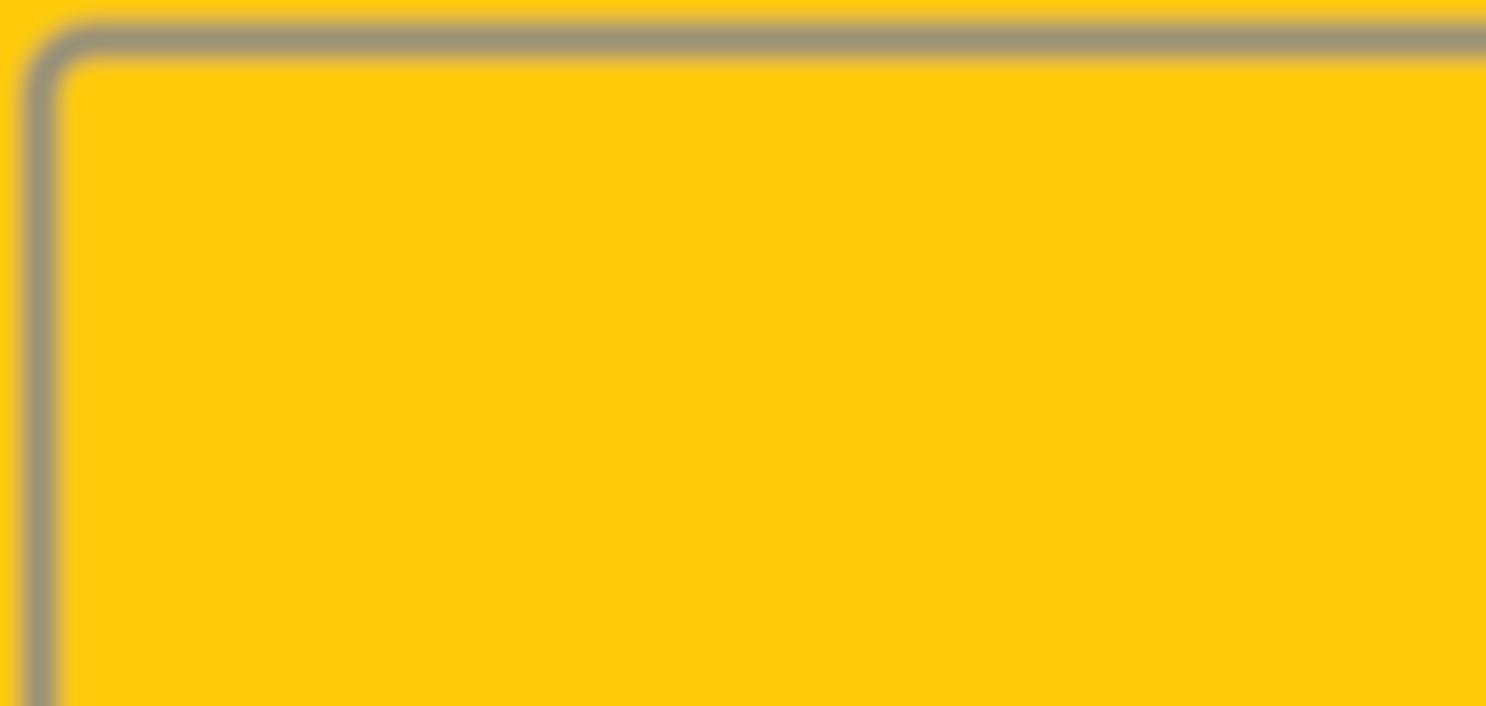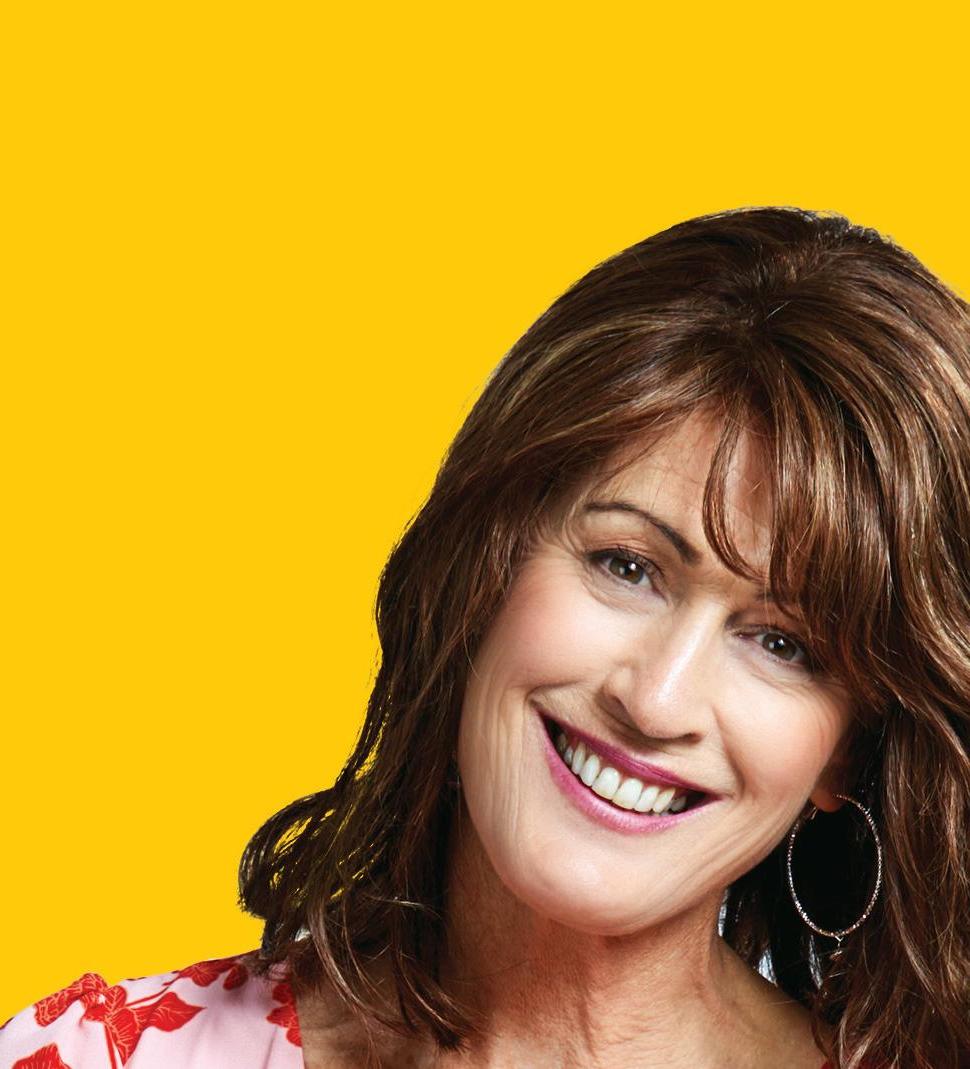
2 minute read
Tahunanui Beach Jamie Paenga and Angelina Johnston
from 17 June 2020
Matt McCrorie
Yoghurt pottles, sour cream containers and plastic sushi trays are just a few of the plastic items that will no longer be accepted throughout the region for recycling after July 1. The new recycling policy means that only plastics that can recycled in New Zealand will be collected. These are plastics that are labelled with the numbers 1, 2, or 5. Soft drink bottles, water bottles,
Advertisement
milk bottles, clear meat trays, bathroom, kitchen and laundry products, as well as ice-cream containers are all examples of plastics that will continue to be recycled. These three types of plastics are the most common, making up 85 – 90 per cent of the plastics we use. Plastics that will no longer be collected are marked with the numbers 3,4,6 or 7. These plastics are used to create things like single serve yoghurt pottles and sour cream containers. Tasman District Council waste management leader David Stephenson says that the focus will be recycling products that can be processed and recycled with confidence. “That means plastics that can be recycled in New Zealand,” he says. “These are high quality plastics and they can be easily remade in New Zealand.” David says that other plastics, while a small part of the mix, can create headaches for the recycling system. “When we send our number one plastics off, things like soft drink bottles, we can watch them go to the factory in Wellington and see product coming out the other side, so there’s a real level of visibility.” David says that when plastics are shipped off overseas, you lose that visibility. David is also urging consumers to think about their recyclables at both ends. “When you’re buying a product, check to make sure it is a 1,2, or 5 type of plastic – that way you know that you can recycle it and it won’t go to landfill.” He said that while council has a voice, the real power lies with consumers. “We know that collectively the individuals in our community can make a big difference. They can have a huge influence on manufacturers and retailers. If a product is not made of recyclable plastic or not clearly labelled, please pick up the phone, send an email or get in contact with the manufacturer asking them to make a change.”

David Stephenson, from the TDC, displays several of the items that will keep going into the recycling bin ahead of changes. Photo: Photo: Matt McCrorie.

Briscoes Nelson Relocation Celebration. We have moved! Next Thursday, 25 June 9am - 9pm NEW SITE Vanguard St






MASSIVE OPENING DEALS + Meet the Briscoes lady from 9am–1pm, next Thursday, 25 June

BE IN TO WIN A $ 250
Briscoes shopping spree







